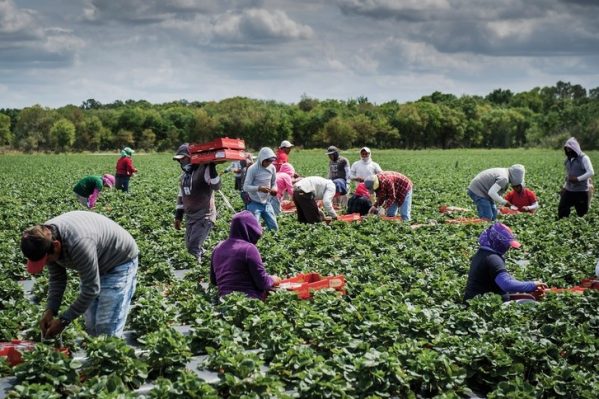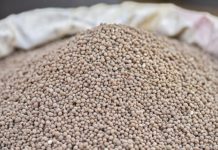Agriculture is one of the most critical industries globally, and it’s one of the essential industries in Africa. It accounts for many jobs and keeps the economy going in African countries. Without agriculture, the continent would not compete with other countries, and many people would be without an income.
Fortunately, there are opportunities for trade between other countries that can help promote the agricultural industry in Africa. One of those trading partners is the European Union (EU). Even though they have this partner, the trade policies need to be updated and further developed for African farmers to continue working in the agricultural industry. The need for developing new EU-African agricultural trade policies is ever-pressing.
Meeting the Challenges of Agricultural Trade
African countries have a significant potential to be trading partners. However, many countries in the past, and even now, still see the continent dependent on other countries for basic needs. The interest in trade needs to benefit both sides of any partnership with Africa if the continent wants to further itself in the farming sector, which it greatly does.
Farmers in Africa often rely on beans and maize for subsistence. The crops grow well, and they’re able to trade and export to other countries. However, they’re not crops that necessarily provide a wealth of economic benefits.
Additionally, African farmers often have challenges with pests. Europeans don’t often have issues with pests, especially Desert Locust and Fall Armyworm, which can wreak havoc on essential crops for food security. Europe needs to continue to support Africa for them to continue to meet the country’s agricultural needs, but they also need to provide them with tools to do so sustainably.
Further, the EU’s Common Agricultural Policy (CAP) continues to evolve. Initially, policymakers made it to provide affordable food for the population after the Second World War. There were millions of vacant farm jobs available for men and women alike. They produced so much food that they began selling it to other countries at low prices, hampering African economies.
Even though this was abandoned, they’ve increased international trade. If that trade continues to grow, African countries will be forced to keep up, which could damage their land and environment and cause communities to relocate if they’re on suitable growing ground. Additionally, they’d have to start using chemicals and be more industrialized, which can put small farmers and the environment’s health at risk. About half of all of the people in the world that live in extreme poverty come from Sub-Saharan Africa, and many of those rely on their small farms for food.
Switching to Cash Crops
One solution to the trade policies is for African countries to switch to cash crops rather than continue with subsistence crops. Africa has potential for products like cotton, tobacco, avocados, coffee, milk, peanuts and mangoes. Europe is an important market for these products, and Africa has the availability to grow them. Those kinds of crops, if exported from Kenya, are not taxed in Europe.
Many of the countries in the EU are already purchasing Kenyan goods, mainly thanks to globalization. Small farms in Africa are increasingly becoming more accessible for products, but the issue is that they’re not gaining all of the benefits that they could by exporting to Europe. Even if farmers switch to cash crops, they need a new trade policy to ensure they benefit from producing crops while also ensuring sustainability.
A New Policy Can Lead to Sustainable Farms
African farmers are still under pressure from exports to the EU. However, a new policy established called the African Continental Free Trade Area (AfCFTA), the world’s largest free trade area, could help farmers in Africa. This would allow them to be capable of competing with the European Union. Plus, it would bring millions of people out of poverty and into a better life.
Instead of trading with the EU, farmers could begin trading within the continent. This would be possible because of the elimination of tariffs and customs delays. More opportunities could be available for smaller farms, which would help boost the economy and hopefully mitigate the industrialization of farms in Africa.
Bio:
Jane is an agriculture and environmental journalist and the founder and editor-in-chief of Environment.co, where she covers sustainability and eco-friendly living.










[…] Source link […]
Comments are closed.